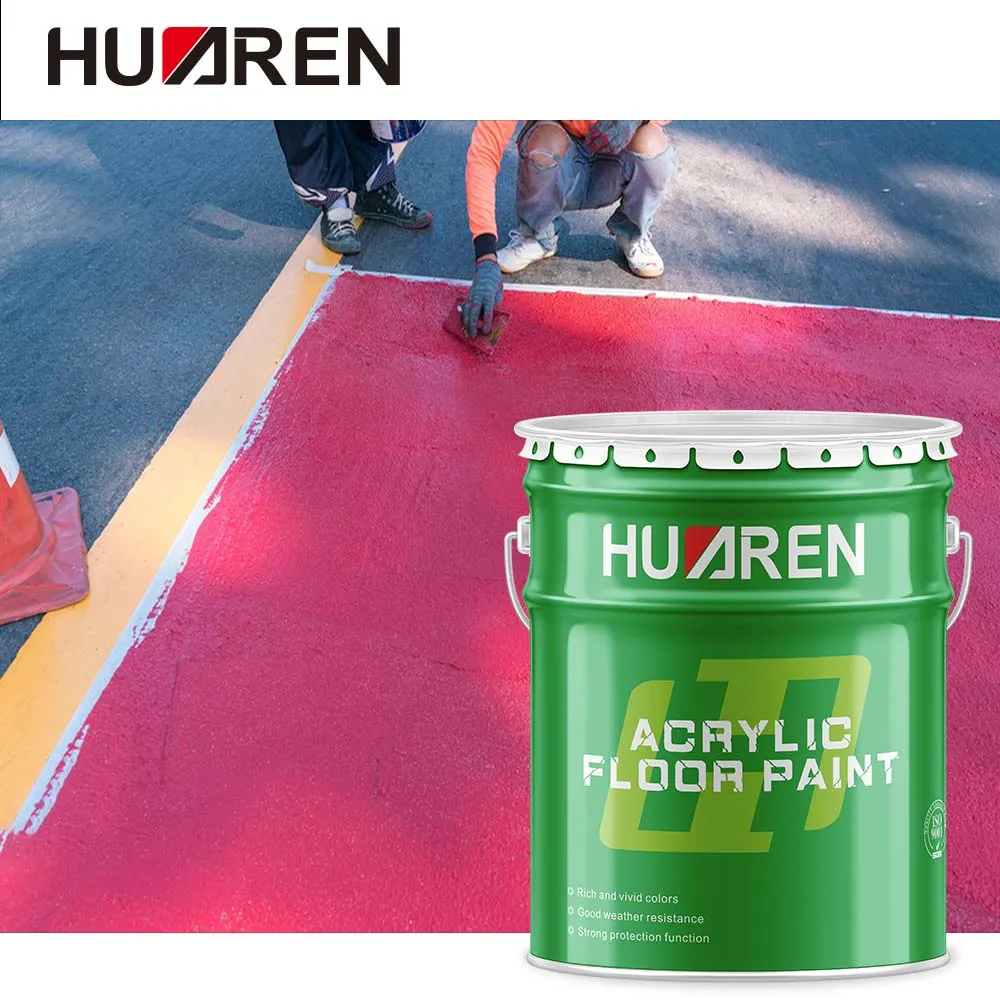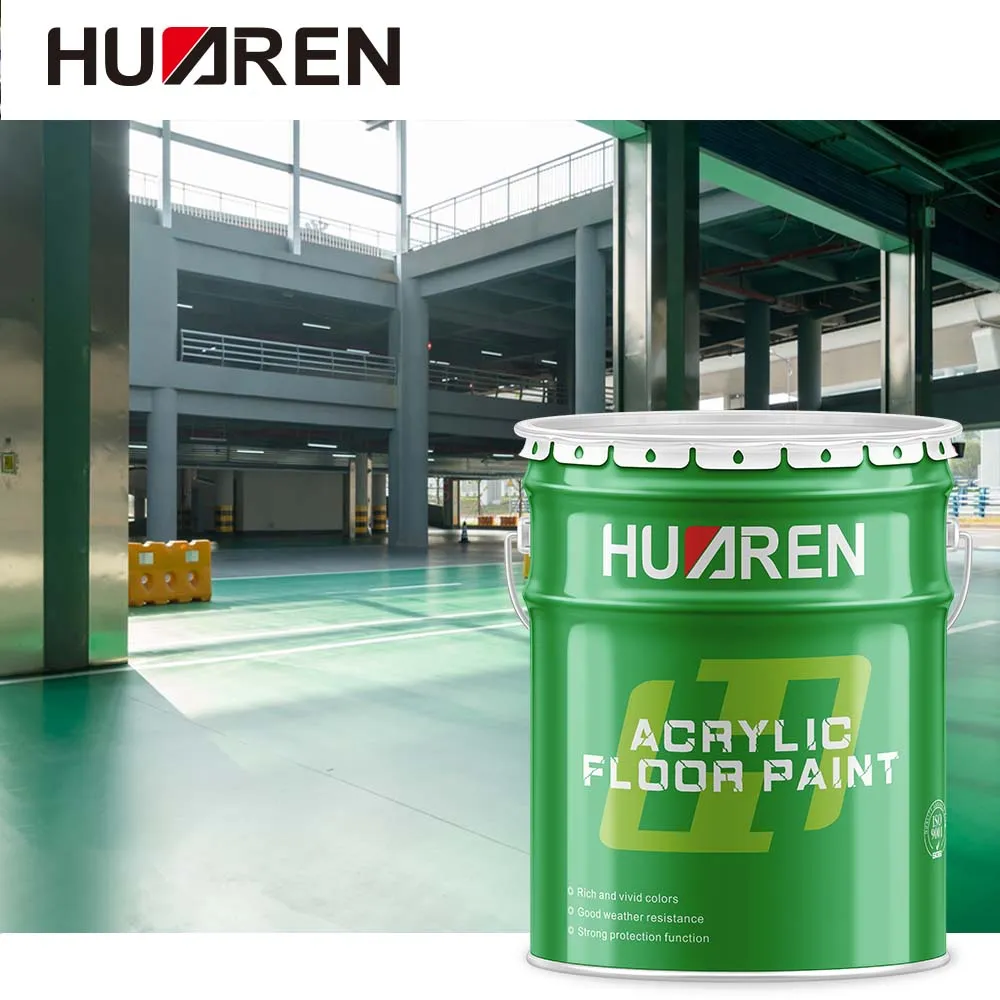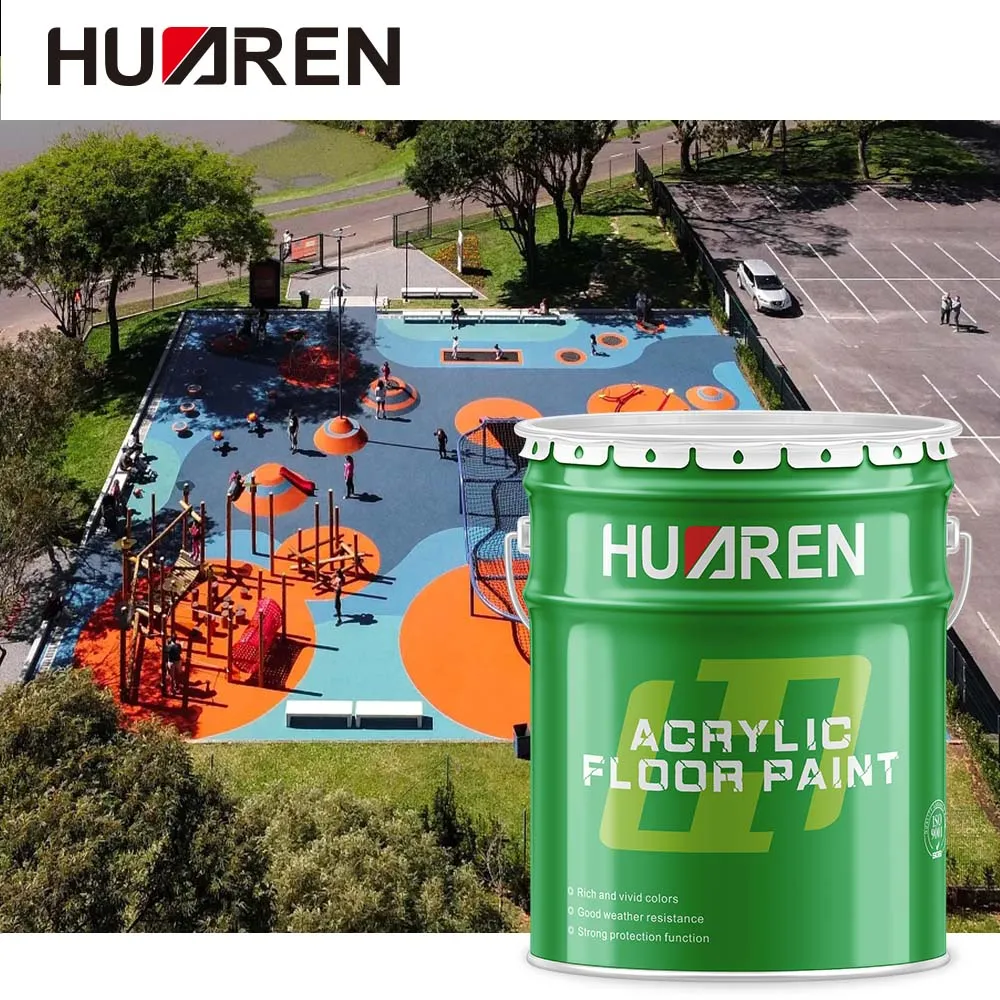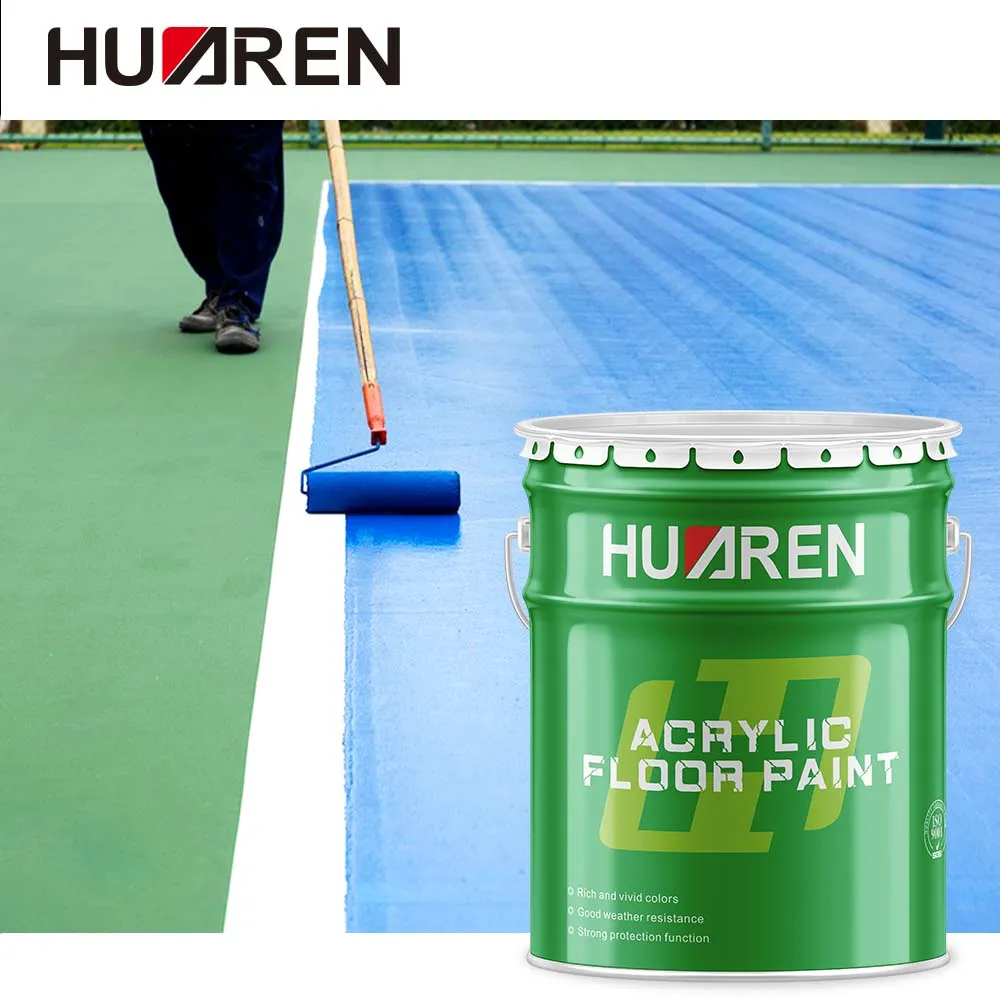Acrylic floor coating is a kind of coating widely used in home decoration, industrial coating and art creation. It is popular for its quick drying, glossiness and weather resistance. However, some users found that the surface of the coating becomes abnormally sticky after drying, and even loses its smooth touch and aesthetic effect.
This phenomenon not only affects the appearance and performance of the coating, but also may cause many questions about the construction process and product quality. So why does acrylic floor coating become so sticky after drying? How to solve this phenomenon?
This article will analyze the basic components, construction conditions, environmental factors and usage of acrylic floor coating from multiple angles to help users understand the causes and solutions of this problem.

Composition of acrylic floor coating: Understanding the sticky phenomenon
The core components of acrylic floor coating include the following categories:
·Film-forming substances: mainly acrylic resin. Acrylic resin determines the adhesion, hardness and weather resistance of the coating. The drying process of the resin is the key to the occurrence of the stickiness phenomenon.
·Solvent or dispersion medium: including water-based and solvent-based. Water-based acrylic floor coating uses water as the dispersion medium, while solvent-based relies on organic solvents. The difference in solvent evaporation rate will significantly affect the drying performance of the coating.
·Additives: such as leveling agents, defoamers, preservatives, etc. These ingredients play an important role in the leveling, surface texture and drying time of the coating.
·Pigments and fillers: provide color and hiding power for the coating, but the uniformity of their mixing with other ingredients will affect the quality of the final coating.
The occurrence of stickiness after drying is usually due to the imbalance between the film-forming substance and the solvent, which causes the coating to fail to form a stable structure during the drying process or to leave unreacted components on the surface.

Why is my acrylic floor coating so sticky after drying?
1. Incomplete chemical or physical reaction during the drying process
The drying of acrylic floor coating is a complex process, which is divided into two parts: physical drying and chemical cross-linking:
·Physical drying: The solvent or water evaporates, and the acrylic floor coating begins to solidify.
·Chemical cross-linking: The molecular chains in the coating form a stable structure, enhancing hardness and adhesion.
If the solvent does not evaporate sufficiently or the cross-linking reaction is not completely carried out, the coating may have too many soft components remaining, resulting in a sticky surface. This situation is common in the following construction environments:
·High humidity environment: Excessive humidity will slow down the evaporation rate of water or solvents, making the coating dry longer.
·Low temperature conditions: Low temperature will slow down the chemical cross-linking reaction, resulting in incomplete curing of the coating.
2. Improper coating ratio
Acrylic floor coating usually needs to be diluted in a certain proportion or mixed with a hardener before use. If too little diluent is added, the fluidity and diffusivity of the coating will be affected; and if the proportion of the hardener is incorrect, the coating will not be cross-linked enough, and it will eventually appear sticky.
3. Too much coating thickness
If the coating thickness applied at one time is too large, it will make it difficult for the internal solvent or water to evaporate. The surface drying seems to be complete, but the inside is still in an uncured state. This phenomenon of "dry on the surface and sticky inside" is particularly common in acrylic floor coatings with high solid content.
4. Paint quality problems
The formulation design of the paint itself may also be the source of the problem. If unstable additives are used in the paint, or there is a deviation in the proportion of ingredients, the coating may not form the ideal hardness and texture after drying, and it may appear sticky.
5. Environmental pollution or improper construction
During construction, if the surface is not cleaned properly, the coating may react adversely with the substrate or external impurities. For example:
· The surface of the substrate before painting contains oil or dust.
· The old paint or solvent remaining in the painting tools (brushes, rollers) is not cleaned up.
· Encountering wind and sand or other particle pollution during painting.

How to solve the problem of acrylic floor coating sticking after drying?
1. Adjust the construction environment
· Control humidity and temperature: Ensure that the humidity of the acrylic floor coating construction environment is between 40%-70%, and the temperature is maintained at 15℃ to 30℃. Dehumidifiers can be used when the humidity is too high, and heating equipment can be used to increase the ambient temperature under low temperature conditions.
· Ensure ventilation: A well-ventilated environment helps to accelerate the evaporation of solvents or water and shorten the drying time of acrylic floor coating.
2. Choose the coating process reasonably
· Control the coating thickness: The thickness of each layer should not exceed the recommended value (usually 50-100 microns wet film thickness). If a thicker coating is required, it should be applied in multiple thin layers.
· Use the right tools: Choose high-quality rollers or spray equipment to ensure that the acrylic floor coating is evenly distributed.
3. Improve the coating ratio
· Strictly follow the instructions: If dilution is required, be sure to use the diluent recommended by the manufacturer and mix it in proportion.
· Add an appropriate amount of drying agent: For construction environments with high humidity, consider adding an appropriate amount of drying agent to accelerate the evaporation of solvents.
4. Choose high-quality coatings
· Purchase regular brand products: Acrylic floor coating with stable quality can better guarantee the construction effect and avoid poor drying due to formula problems.
· Check the production date: Avoid using acrylic floor coating that has expired because its chemical properties may change.
5. Optimize substrate treatment
Before painting, use an appropriate cleaner or degreaser to thoroughly clean the substrate surface to ensure that there is no oil, dust and impurities.
If the substrate surface is rough, it can be properly polished to enhance the adhesion of the paint.

How to prevent the stickiness of acrylic floor coating after drying?
Strictly follow the construction specifications: Read the product instructions carefully before construction to understand the characteristics and construction requirements of the coating.
· Ensure a stable construction environment: Check whether the ambient temperature and humidity meet the requirements before construction, and try to avoid construction under extreme climatic conditions.
· Regularly check construction equipment: Ensure that the spraying equipment and other tools are in good condition to avoid uneven distribution of the paint.
· Adjust the paint formula as needed: Adjust the dilution ratio and the amount of drying agent added according to the actual construction conditions to ensure that the coating performance meets expectations.
Huaren Chemical Industry Co., Ltd. is a professional manufacturer of industrial coatings with strong global supply capabilities. Located in China, our factory was established in 1994 and features 30 advanced production lines with over 20,000 tons annual capacity. Our products include epoxy floor coatings, phenolic paints, water-based solutions, and more—all available at factory-direct pricing.
We welcome distributors, importers, and project buyers to place wholesale orders or request personalized quotes. Our brand is already serving clients across Africa, India, and Europe. Partner with Huaren Chemical to benefit from low-cost, high-quality paints from one of China’s leading factories.

